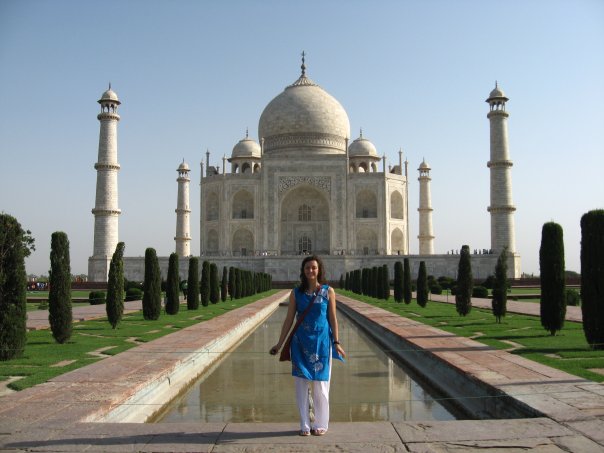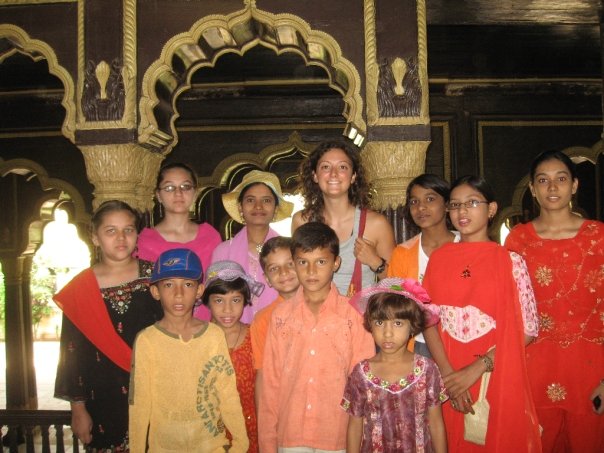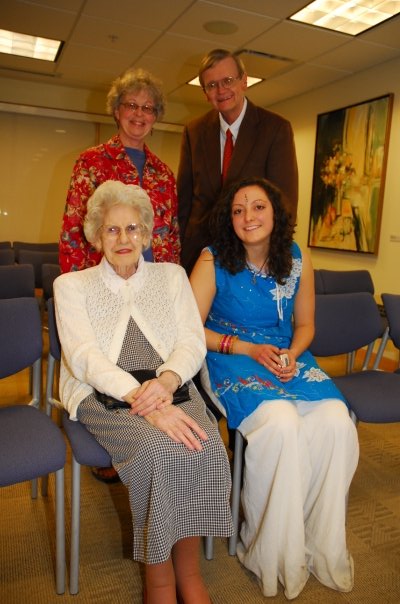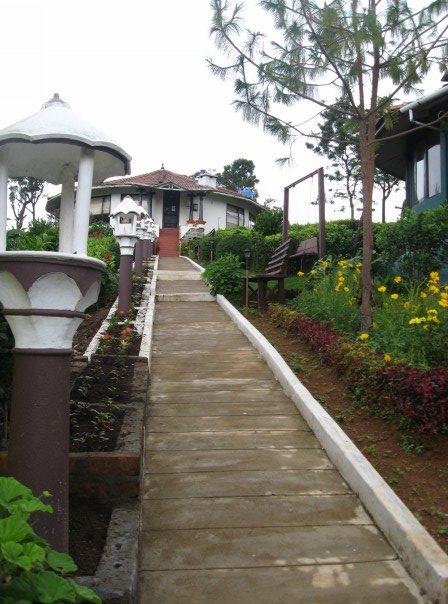I went to India for many reasons, but like any twenty-two year old, I wanted to answer many life questions. Many, well all, of my questions were answered but some were defined years after India. Ya know, the “connecting of the dots” experience. Yoga makes one wise and look at life differently.
Without further ado, these are the many questions I wondered while roaming every rickshaw, listening to the yoga guru and sipping chai at a street side cart.
What is most important in life?
When I lived in Australia, fun in the sun was the most important thing in life. Respecting the earth, surfing the ocean and watching the lorikeets fly overhead were what really mattered. Back in the US, I felt pressured to succeed with my studies and work hard at everything. Part of this was because of the words heard from my Eastern European great grandmother and grandma. This of course, influenced my earthly and stable parents to breed me with this notion. Although it’s beneficial in many ways since a dedicated work ethic is good, but when it becomes a priority it loses its luster.
When I got sick, I could not see anything but my own deterioration of my health. My parents always said, “Nothing is greater than your own health. Without that you have nothing.” In India, I realized that our health is everything. The stress and beat downs that we put on our bodies is horrible. We treat ourselves like a machine, not accepting of rest or when we breakdown. The mind plays a major role in this, and in India they value the mind more than we do in the US. Although everyone has a different opinion, without your health you can’t do the simple pleasures of life whether that’s snorkeling on a vacation, hiking a mountain or walking to the grocery store.
Is it normal to feel like you don’t belong in your own culture?
Yes. When I moved home from Australia I felt lost. I did not identify to the work-driven "America dream" life.
Yoga taught me the spiritual reason as to why. From a spiritual perspective, if souls have lived in other parts of the planet there is a reason why you feel more at home in some parts of the world and odd in others. I think for anyone who travels extensively realizes some negative things about their own culture and they cannot relate to it. But, the important lesson is to value the positives and strengths that come from your native culture.
Is living an unconventional life okay?
I struggled with this for along time before India. Australia exposed me to a different life where money and suit-and-tie jobs were not the most important part of life. Fast-forwarding to 2016, I think society is more accepting of this now than ever. I believe people need to do what makes them happy even if that makes them an outcast.
I’ve been an outcast most of my life. Even in fitness. Sometimes I feel like I don’t know where I belong because I can see through the smoke screen and runaway from any trends or conventional BS. In India, seeing the most unconventional country in the world made me accept my own eccentricities. India helped me "come out of the spiritual closet" as I balance logic and spirituality. It's challenging because at times, but I've never been happier revealing my true identity.
What is spirituality?
My knowledge of spirituality expanded while in India, but mostly afterwards. I believe that India was the setting point to expose me to many spiritual terms that we know today. Looking back, spirituality is the reality that we live in - souls living a human experience to learn lessons, the flow of nature, the movement of planets, the air we breathe – everything is spiritual.
In India, I believed one’s spirituality was diving within their inner world. Breaking patterns, suffering, letting go, and discovering who you really are was a part of the spiritual process.
During my journey, I wondered the difference between religion and spiritualty. I see that religion is a system under the spiritual umbrella.
Ever since I was a young teenager, I would sneak down the “New Age” aisle at Barnes and Noble and read astrology books. Today, I understand that astrology is the system that influences the human experience. I questioned why people’s personality differs and why one person went to college for art where another did for business. I believe society and culture molds us, but deep down there are innate traits that “are who we are.” I think everyone’s opinion differs on spirituality, but I came to realize in while living in Germany that good, evil and everything in between is part of this spiritual experience that we must learn from. And a lot of this experience is based on our choices and free will.
Even death is a spiritual part. My yoga guru said, “The spiritual person is not afraid to die as he or she will live again.” Although tragic deaths are hard to comprehend, when you understand spirituality you know there is a reason behind the “how.” Souls need to experience the extreme in order to learn lessons. It’s sad but true. And I better accepted the terms of death from studying yoga.
What about the bad parts of life?
One of the best lessons I learned in India is that the “bad” parts of life cannot be avoided. I understood that life is like the weather. One day is sunny. Another is cloudy. The others are a shit-storm. We cannot avoid it, but how we handle or process the emotions is key.
The bad parts are what make us grow. It sucks really, but like yin and yang, the polar opposite of good, cannot exist without the bad. It’s just the way it is.
It made me realize that blessings in disguise are some of the best things that can happen to us. If I never became an insomniac and caffeine addict, I would have never gone to India. Although I suffered for a year and a half of miserable health, it was the best thing that happened to me.
Is there such a thing as a soul mate?
I remember in my early college days watching movies and wondering about this question. India proved to me that soul mates and deeper connections exist. This ignited my understanding to the subject. Soul mates exist, but they may not always lead to a romantic relationship, which I did not understand until leaving India.
What is the purpose of life?
This is the million-dollar question that everyone wants to know. Everyone has his or her own opinion, and it took me some five to seven years after India to truly understand this. The purpose of life is to live, learn and grow. It sounds simple, but when combining human emotions its complex. I acknowledged this when I consulted the jyotish astrologer at the yoga center. If we do have a blue print or map to our life we are here to fulfill some need to the people and the planet. Although there is free will, we choose our actions – which everyone hopes it benefits society.






 RSS Feed
RSS Feed